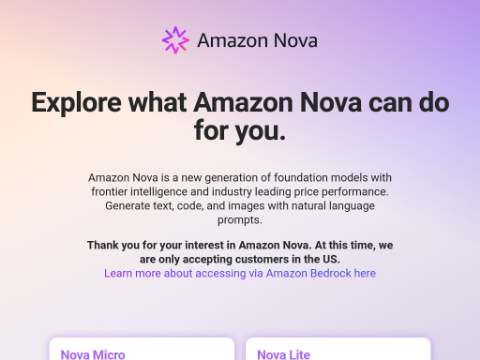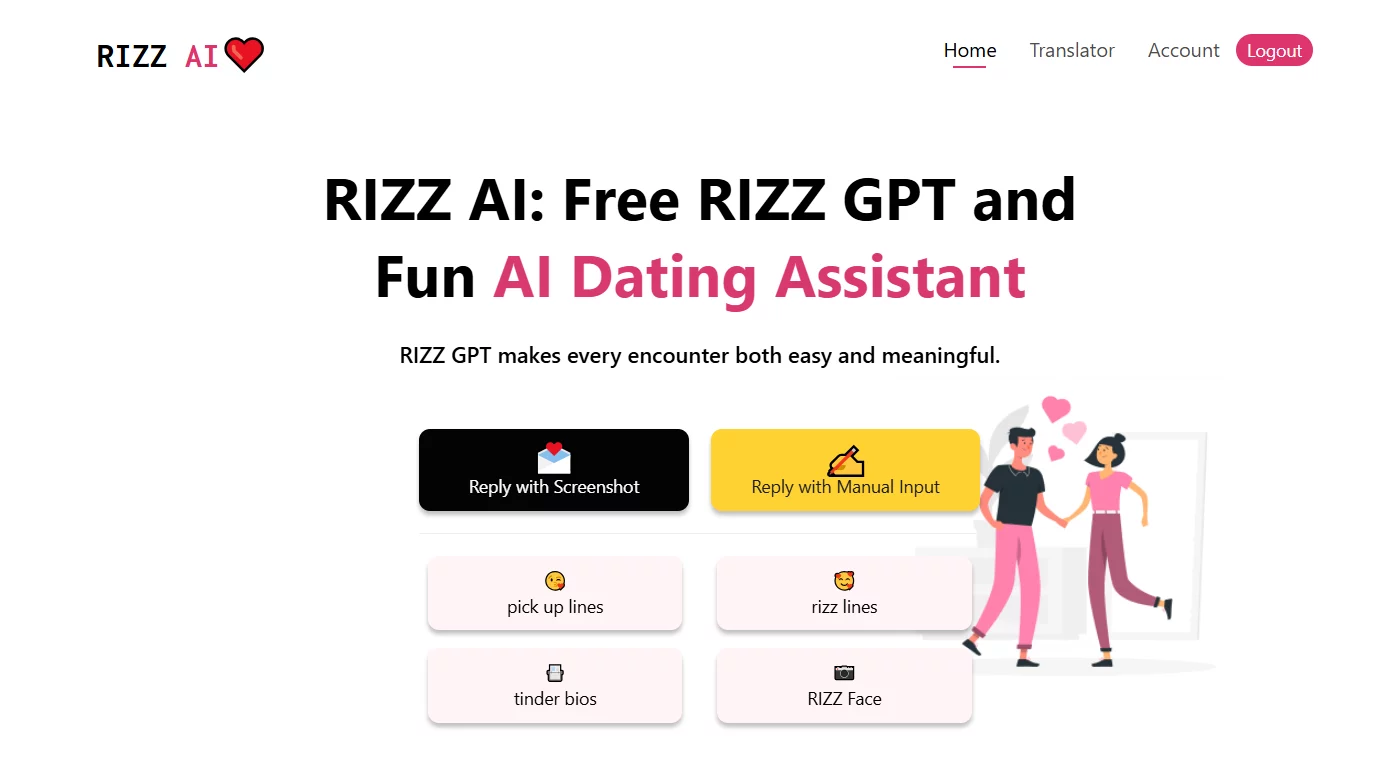Meta has recently unveiled the Llama 4 series of artificial intelligence models, which now power Meta AI assistants across platforms such as the web version and apps including WhatsApp, Messenger, and Instagram. Two new models, Llama 4 Scout and Llama 4 Maverick, are available for download via Meta or Hugging Face.
Llama 4 Scout is a compact model capable of running on a single Nvidia H100 GPU. Llama 4 Maverick, on the other hand, matches the performance of models like GPT-4o and Gemini 2.0 Flash. Meta revealed that it is still training the Llama 4 Behemoth model, which Meta CEO Mark Zuckerberg hailed as "the world's most powerful foundational model."
According to Meta, Llama 4 Scout features a context window of 10 million tokens, representing the working memory capacity of the AI model. It outperforms Google’s Gemma 3, Gemini 2.0 Flash-Lite, and the open-source Mistral 3.1 in multiple widely-used benchmarks, all while operating on a single Nvidia H100 GPU. For the larger Maverick model, Meta claims similar superiority, asserting that it surpasses OpenAI’s GPT-4o and Google’s Gemini 2.0 Flash. It achieves results comparable to DeepSeek-V3 with less than half the active parameters in coding and reasoning tasks.
The Llama 4 Behemoth boasts 288 billion active parameters and a total parameter count of 2 trillion. Although not yet released, Meta stated that Behemoth outperforms competitors like GPT-4.5 and Claude Sonnet 3.7 in various STEM (Science, Technology, Engineering, and Mathematics) benchmarks.
In the Llama 4 series, Meta implemented a "Mixture of Experts" (MoE) architecture, which conserves resources by utilizing only the parts of the model relevant to specific tasks. Meta plans to discuss future AI models and product strategies at the LlamaCon conference scheduled for April 29.
As with prior models, Meta refers to the Llama 4 series as "open source," though Llama models have faced criticism over licensing restrictions. For instance, the Llama 4 license requires commercial entities with over 700 million monthly active users to seek Meta’s permission before using the model, a stipulation that the Open Source Initiative deemed in 2023 as falling outside the "open source" definition.








